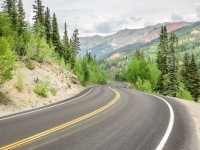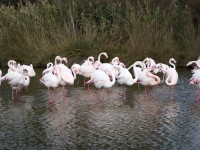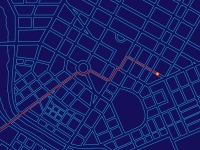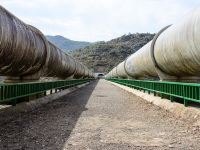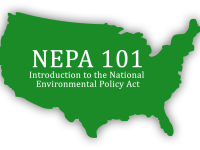An estimated 1 million vertebrates may be killed daily on U.S. roads based on extrapolated studies, though this figure varies by methodology—making road mortality a leading cause of wildlife population declines. Beyond direct deaths, roads fragment habitats, disrupt genetic diversity, and introduce chemical, noise, and light pollution into ecosystems. Effective solutions include wildlife crossings, seasonal…
Read more
How Roads Affect Wildlife: Environmental Impacts & Solutions
